What Vaccines Are Recommended for Adults?
The following vaccines are recommended for adults :
- Tdap/Td :
- All adults need a tetanus and diphtheria (Td)booster shot every 10 years. Additionally, adults should substitute a tetanus, diphtheria, acellular pertussis (Tdap) vaccination for one Td booster.
- Pregnant women need to get the Tdap vaccine with each pregnancy to pass protection to their baby against whooping cough. They should get the vaccine late in their pregnancy, preferable during the 27ththrough 36th week, to give the baby the most protection after birth.
- MMR :
- Adults born before 1957 who are not immune to measles, mumps, or rubella should be immunized.
- HPV :
- Adults aged 26 years or younger should be immunized against human papillomavirus (HPV), to reduce the chances of getting genital warts, cervical (females only), oral, and anal cancers.
- Pneumococcat :
- All adults aged 65 or older, as well as persons aged 2-64 years who have diabetes or chronic heart, lung, liver, or kidney disorders, need protection against pneumococcal disease.
- Influenza (flu):
- Flu vaccination is recommended for everyone aged six months and older. Certain adults are at greater risk and are encouraged to get a seasonal flu vaccine. These adults include pregnant women, adults of any age with certain chronic health conditions or special health care needs, health care professionals, household contacts and caregivers of kids, especially those in contact with babies under six months of age who are too young to get seasonal flu vaccine.
- Hepatitis B:
This vaccine is recommended for adults in certain high-risk groups, such as:
-
- Healthcare workers and public safety workers exposed to blood on the job.
- Household and sexual contacts of persons with chronic hepatitis B virus (HBV) infection.
- Sexually active people who are not in long-term, mutually monogamous relationships.
- People seeking evaluation or treatment for sexually-transmitted diseases.
- Men who have sex with men.
- Injection drug users.
- Travelers to countries where HBV infection is common.
- Persons with chronic conditions like diabetes, liver or kidney disease.
- HIV-infected persons.
- Anyone seeking protection from hepatitis B.
To increase vaccination rates among people at highest risk for HBV infection, hepatitis B vaccine is recommended for all adults in the following settings:
-
- STD treatment facilities.
- Facilities providing drug abuse treatment and prevention services.
- Healthcare settings targeting services to injection drug users or men who have sex with men.
- Correctional facilities.
- End-stage renal disease programs and facilities for chronic hemodialysis patients.
- Institutions and non-residential child care facilities for persons with developmental disabilities
- Hepatitis A:
Hepatitis A vaccine is recommended for adults in certain high risk groups, including:
-
- Travelers to countries where hepatitis A is common.
- People with chronic liver disease.
- People who have clotting-factor disorders, such as hemophilia.
- Men who have sex with men.
- Users of injection and non-injection illegal drugs.
Varicella vaccine is recommended for all adults, including:
-
- Teachers of young children and child care workers.
- Residents and staff in institutional settings.
- Military personnel.
- Non-pregnant women of childbearing age.
- International travelers.
- Healthcare workers.
- Family members of persons with weakened immune systems that have not had chickenpox disease.
Meningococcal vaccine is recommended for:
-
- Adults who do not have a spleen.
- Adults who have terminal complement component deficiencies (immune system disorder).
- First year college students living in dormitories.
- Military recruits.
- Certain laboratory workers.
- Persons who travel to or live in countries in which meningococcal disease is common.
-
- Adults aged 60 years and older should receive one dose of herpes zoster vaccine whether or not they have had shingles. Persons with chronic medical conditions may be vaccinated unless a contraindication or precaution exists for their condition.

